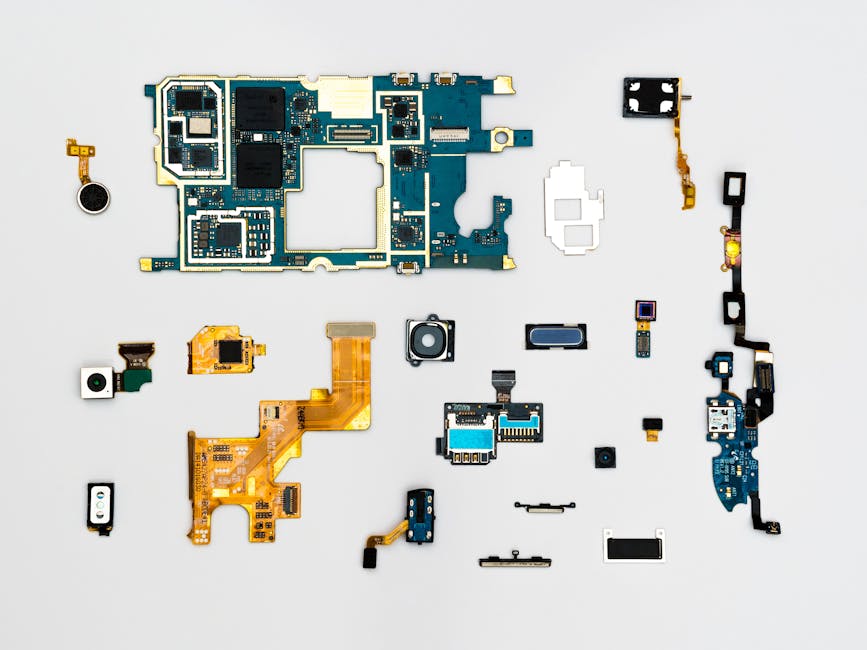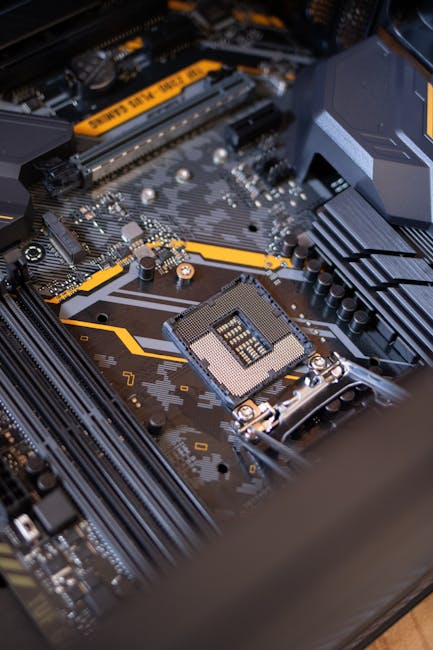In the world of optics, precision vision is not just a luxury but a necessity for many professionals and enthusiasts alike. Whether you are a photographer aiming for the perfect shot, an astronomer gazing at distant galaxies, or a scientist analyzing microscopic structures, mastering optical excellence is key to achieving your goals. This comprehensive guide will provide you with the knowledge and insights needed to optimize your vision and enhance your optical experiences.
When it comes to optics, understanding the fundamentals is crucial. From the principles of light and refraction to the workings of lenses and mirrors, a solid grasp of these concepts is the foundation for achieving precision vision. By familiarizing yourself with how light behaves and interacts with optical elements, you can better appreciate the intricacies of optical systems and make informed choices when selecting equipment.
One practical tip for optimizing your optical experience is to pay attention to the quality of your lenses. The quality of the lenses used in optical instruments such as cameras, telescopes, and microscopes can significantly impact the clarity and sharpness of the images produced. Investing in high-quality, multi-coated lenses can minimize glare, reduce distortion, and enhance contrast, resulting in crisper and more detailed images.
Another key aspect of mastering optical excellence is understanding the importance of proper calibration and alignment. Whether you are calibrating the focus of a camera lens, aligning the mirrors of a telescope, or adjusting the illumination of a microscope, precise calibration is essential for achieving optimal performance. Taking the time to calibrate your optical instruments correctly can make a significant difference in the quality of the images or observations you obtain.
As you delve deeper into the world of optics, you may encounter challenges such as chromatic aberration, distortion, or vignetting. These optical imperfections can detract from the clarity and accuracy of your images, but with the right knowledge and tools, you can mitigate these issues effectively. Understanding how these aberrations occur and learning how to correct or compensate for them can help you achieve superior optical performance.
In addition to technical considerations, environmental factors can also play a significant role in your optical experiences. Factors such as lighting conditions, atmospheric disturbances, and temperature fluctuations can affect the performance of your optical instruments. By being mindful of these external influences and making adjustments as needed, you can optimize your vision and maximize the quality of your observations.
In conclusion, mastering optical excellence requires a combination of knowledge, skills, and attention to detail. By understanding the fundamentals of optics, investing in high-quality equipment, calibrating your instruments properly, and addressing optical challenges effectively, you can elevate your optical experiences to new heights. Whether you are a professional in need of precision vision for your work or an enthusiast seeking to explore the wonders of the world through optics, this comprehensive guide will equip you with the tools and insights needed to achieve optical excellence.







